Buy Xgeva : Denosumab 120 Mg/1.7 ML Injection Online
$256.84
Brand Name : Xgeva
Composition : Denosumab
Manufactured by : Amgen Pharmaceuticals Ltd.
Marketed by : Glaxosmithkline Pharmaceuticals Ltd.
Strength : 120 mg
Form : Injection
Packing : Pack of 1 Vial
Prescription Required *
Xgeva is a medication that is injected and contains 120 mg of denosumab in 1.7 mL. It is used to treat bone disorders such as osteoporosis and to prevent bone fractures in people with certain cancers that have spread to the bones.
Xgeva is a prescription medication that contains the active ingredient denosumab. It is available in the form of a 120 mg/1.7 mL injection, which is administered under the skin (subcutaneously). Xgeva is indicated for the prevention of skeletal-related events (SREs) in patients with bone metastases from solid tumors. SREs include pathological fractures, spinal cord compression, and the need for radiation or surgery to bone.
Mechanism of Action:
Denosumab is a monoclonal antibody that binds to and inhibits receptor activator of nuclear factor kappa-B ligand (RANKL). RANKL is a protein that promotes the development, function, and survival of osteoclasts, which are cells that break down bone tissue. By inhibiting RANKL, denosumab reduces bone resorption and increases bone mineral density.
Dosage and Administration:
The recommended dose of Xgeva for the prevention of SREs in patients with bone metastases from solid tumors is 120 mg administered subcutaneously every four weeks. Xgeva should be administered by a healthcare professional. Patients should be adequately hydrated prior to and following Xgeva administration.
Instructions:
Xgeva should be stored in the refrigerator at 2°C to 8°C (36°F to 46°F) until use. The injection should be at room temperature before administration. The contents of the vial should be inspected visually for particulate matter and discoloration prior to administration. Xgeva should not be shaken. The injection should be administered subcutaneously in the thigh, abdomen, or upper arm.
Side Effects:
Common side effects of Xgeva include fatigue, nausea, diarrhea, back pain, extremity pain, musculoskeletal pain, and headache. In rare cases, Xgeva can cause osteonecrosis of the jaw (ONJ), which is a condition that causes the bone in the jaw to die. Patients should be advised to maintain good oral hygiene and to report any oral symptoms to their healthcare provider. Xgeva can also cause hypocalcemia (low calcium levels in the blood), which can cause muscle cramps, spasms, tingling or numbness in the hands and feet, and seizures. Patients should be monitored for hypocalcemia and treated as needed. Xgeva can also increase the risk of infection, particularly of the skin, respiratory tract, and urinary tract. Patients should report any signs of infection to their healthcare provider. As with all medications, patients should discuss the benefits and risks of Xgeva with their healthcare provider before starting treatment.
Be the first to review “Buy Xgeva : Denosumab 120 Mg/1.7 ML Injection Online” Cancel reply
Related products
Anti Cancer
Anti Cancer
Anti Cancer
Anti Cancer
Anti Cancer
Anti Cancer
Anti Cancer


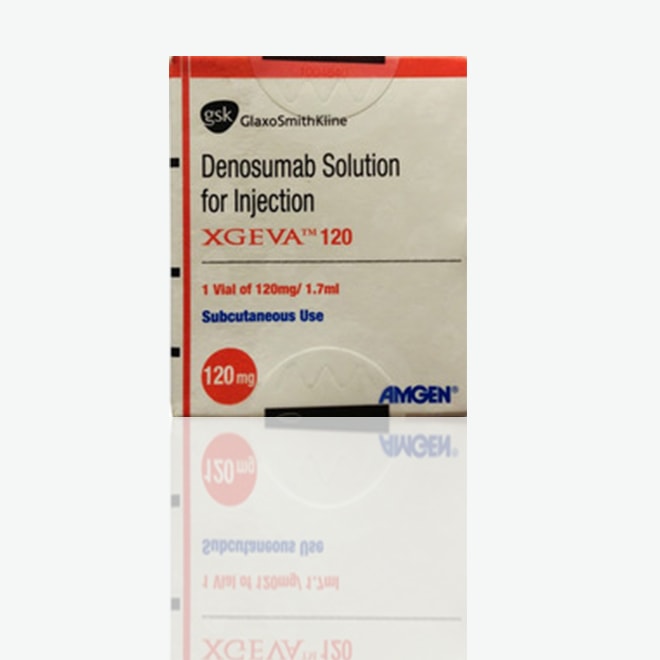


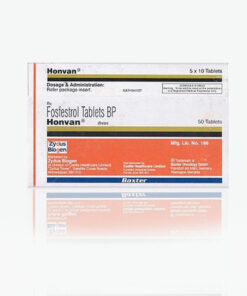
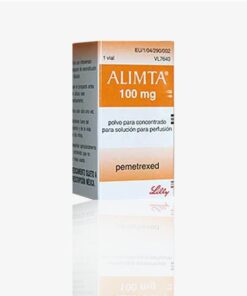

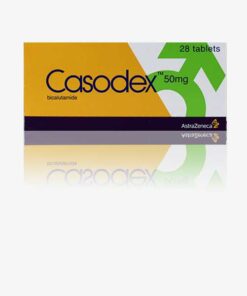
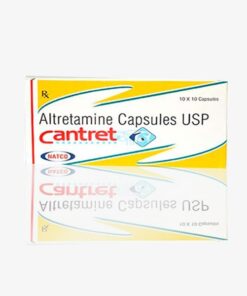

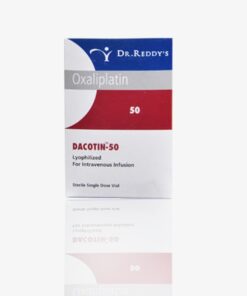

Reviews
There are no reviews yet.